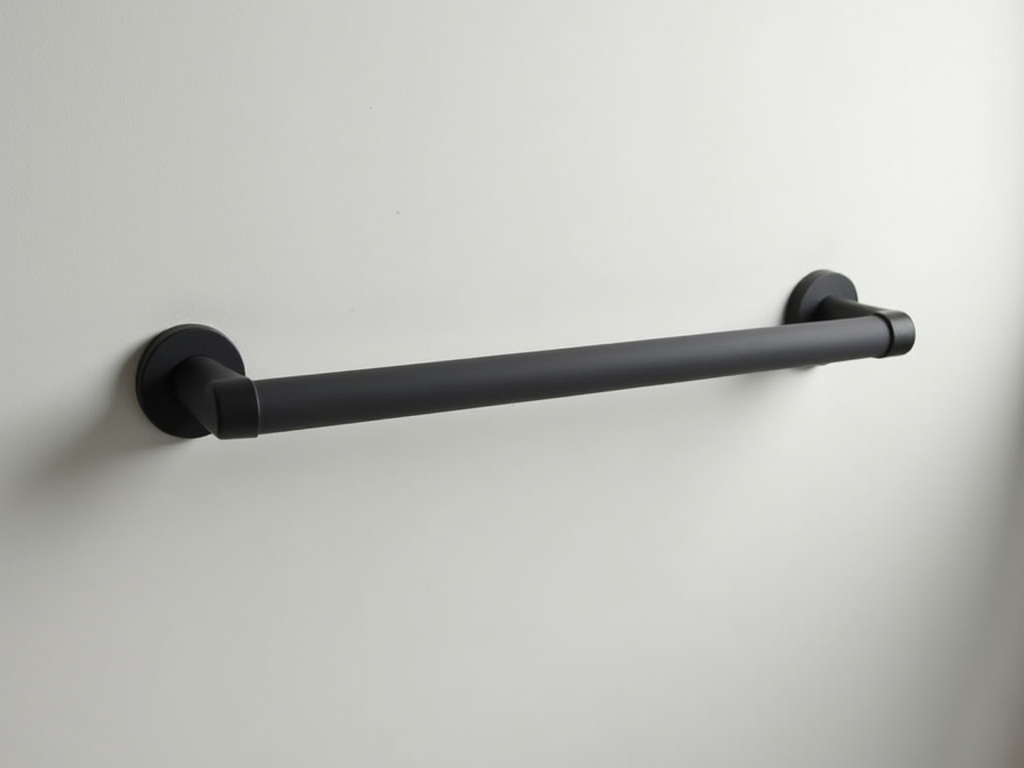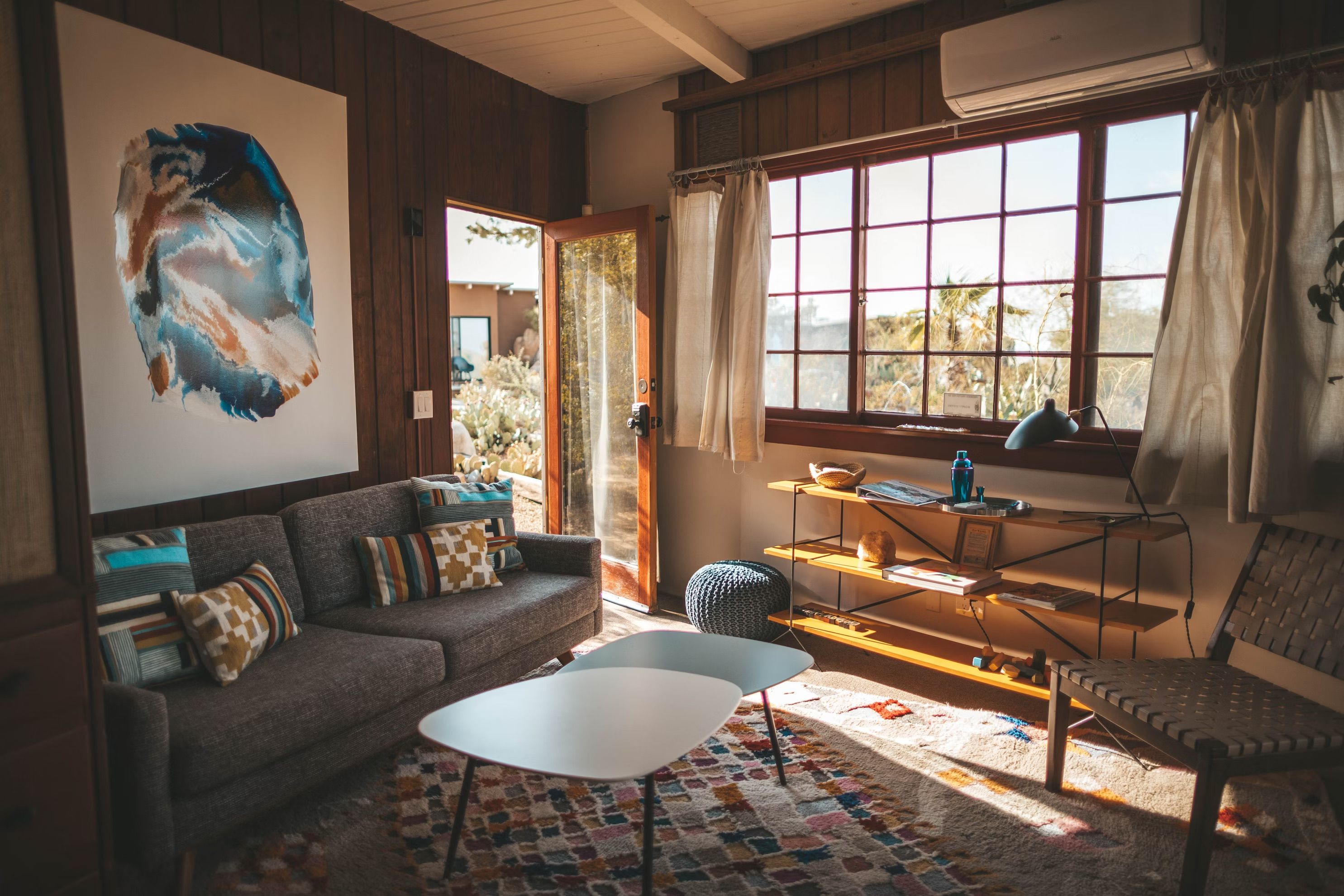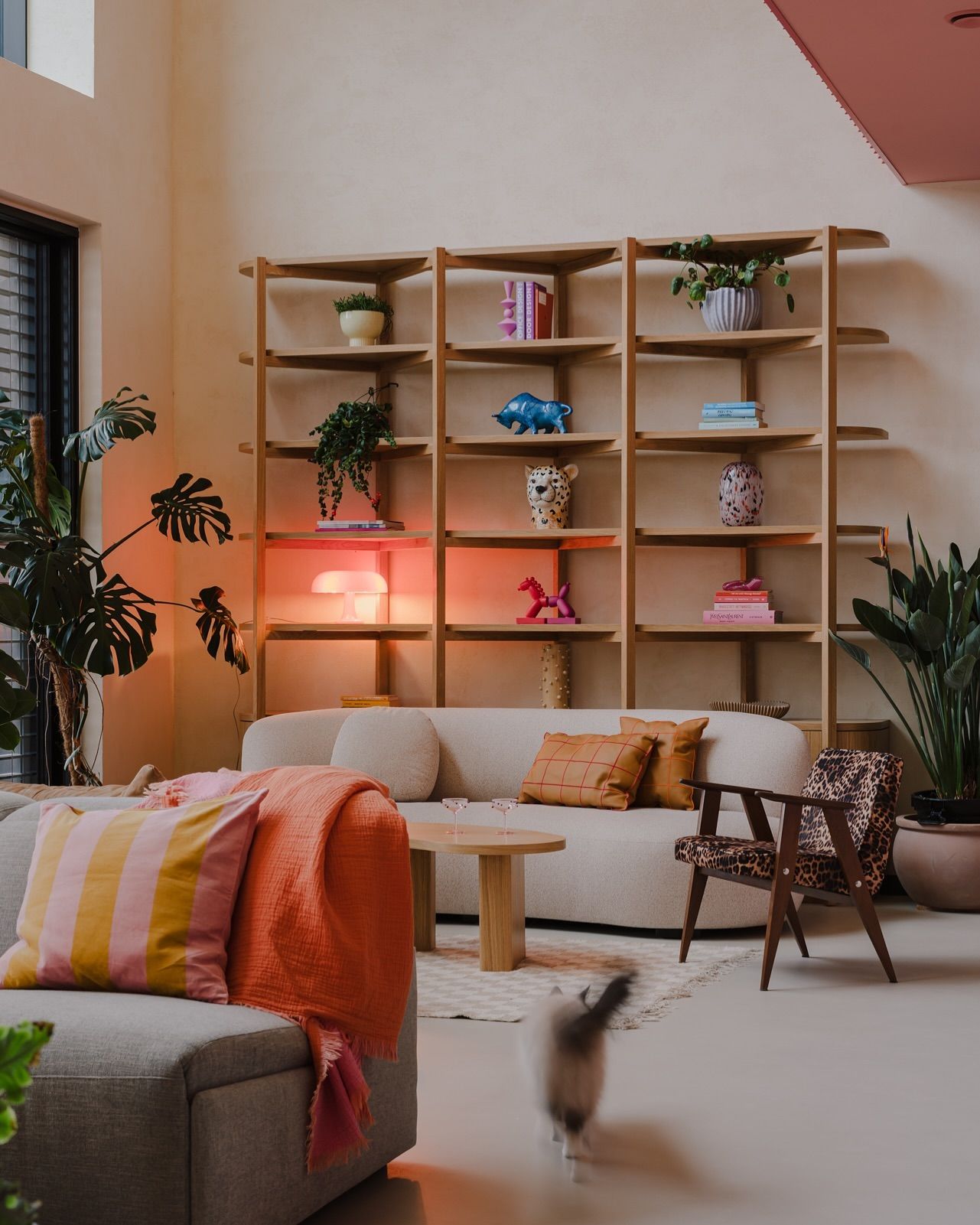Quick facts
Can't find the answer you're looking for? Please get in touch with our friendly team.
What height should grab bars be for elderly?
Grab bars for the elderly should typically be installed 33 to 36 inches above the floor. This height allows for easy gripping and support when getting in and out of the shower or using the toilet, promoting safety and stability.
Do grab bars need to be installed in studs?
Yes, grab bars should be installed in studs for maximum strength and safety. If studs are not available, use toggle bolts or wall anchors rated for heavy loads. Proper installation ensures the grab bars can support weight effectively, making them safer for use.
What is a grab bar used for?
A grab bar is used for providing support and stability in areas like bathrooms. It helps individuals safely enter and exit showers or bathtubs and can assist with balance while using the toilet. Grab bars are essential for preventing slips and falls, especially for the elderly or those with mobility issues.
Where should grab bars be placed in a house?
Grab bars should be installed in areas where support is needed, such as near toilets, in showers, and beside bathtubs. They should be placed 33 to 36 inches above the floor for optimal accessibility and safety.
Does Medicare pay for grab bars?
Medicare typically does not cover grab bars as they are considered home modifications rather than durable medical equipment. However, some Medicare Advantage plans might offer coverage for home safety modifications, including grab bars. It's best to check with your specific plan for details.
Does Medicare pay for grab bars for seniors?
Medicare does not typically cover grab bars as they are considered home modifications rather than durable medical equipment. However, some Medicare Advantage plans may offer additional benefits that include home safety modifications. It's best to check with your specific plan for details.
Category Overview
Introduction
Grab bars are essential safety fixtures designed to provide support and stability in various areas of your home. Their primary purpose is to enhance everyday comfort, particularly in bathrooms, where they assist with safe movement in potentially slippery environments. Beyond their utility, grab bars can also complement your décor, adding a touch of style while ensuring peace of mind for you and your family. Whether you’re looking for support during a relaxing bath or while navigating stairs, grab bars are integral to a safer living space.
Functionality
The core functionality of grab bars revolves around offering reliable assistance when standing up, sitting down, or moving between surfaces. Commonly installed in bathrooms near toilets and tubs, they can also be found in hallways and stairwells for added security. Some innovative designs even offer adjustable features to accommodate different heights and user preferences. Additionally, there are space-saving grab bars that blend seamlessly into existing decor without sacrificing utility.
Design & Style
Grab bars come in a variety of styles and materials, including sleek stainless steel, warm wood finishes, and even colorful powder-coated metal options. You can find configurations ranging from classic round shapes to modern rectangular designs that fit any aesthetic—from mid-century modern minimalism to rustic farmhouse charm. Personalizing your grab bars helps them align with the overall home decor theme; for instance, choosing wood-grain finishes can harmonize with your rustic kitchen or cozy living room setup.
Practical Considerations
When selecting the right grab bars for your needs, consider the room size and intended use. A heavy-duty model may be necessary for high-traffic areas like bathrooms or staircases where maximum weight support is crucial. Ensure the material’s durability matches your lifestyle—metal offers longevity but may require additional care to avoid tarnishing. Avoid common mistakes like overlooking proper installation heights; ideally, these should be placed at a reachable level based on who will be using them most frequently.
Comparison and Alternatives
Comparing materials often leads to important decisions: wood provides warmth but might not withstand moisture as well as metal; conversely, metal is durable but may feel cold in touch if placed improperly. Round versus rectangular designs can impact usability too—round bar shapes provide better grip angles whereas rectangular shapes might offer wider support surfaces for larger hands or grips. When choosing the right style based on room size or personal taste, think about how each option will ultimately enhance both functionality and aesthetics.
Trends and Popular Items
Currently trending among homeowners is a push toward stylish yet practical grab bar solutions that integrate seamlessly into home design trends like Scandinavian simplicity or urban industrial chic. Items made from eco-friendly materials are gaining popularity as sustainability becomes increasingly important to consumers. Additionally, more users are gravitating toward customizable options that allow them to match their grab bars with other fixtures—echoing the rise of multi-functional furniture pieces such as coffee tables with storage compartments designed specifically for smaller spaces. In summary, grab bars not only serve as vital tools for safety but also enhance the beauty and functionality of home interiors through diverse design choices tailored to individual tastes and needs.


